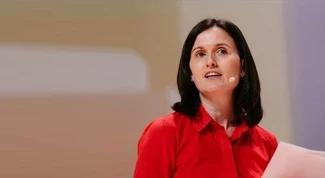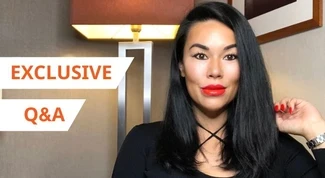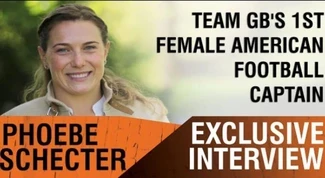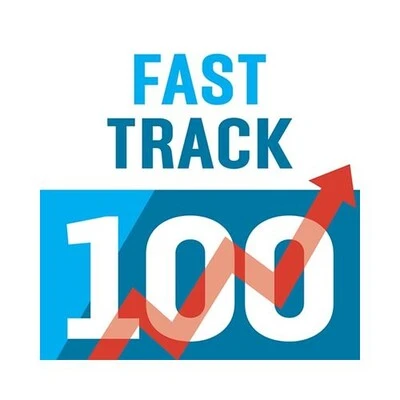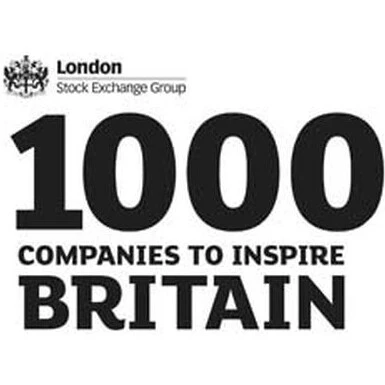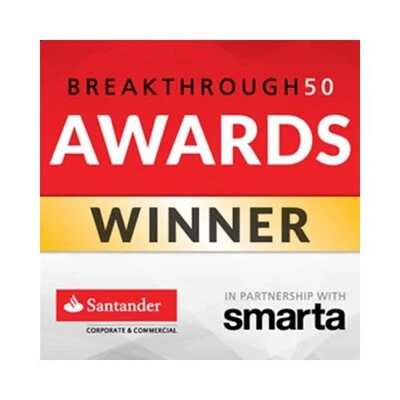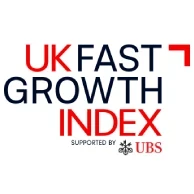In a busy London office, Bruce Daisley was one of Twitter’s most senior executives. Now, he is an influential corporate speaker specialising in leadership and workplace culture. Bruce uses his experience at YouTube and Twitter to transform the standard of workplaces across the globe.
In this exciting interview, Bruce reflects on the growth he witnessed at Twitter, how YouTube impacted the entertainment industry and the digital disruption caused by Covid-19.
Watch the video recording of our Senior Content Executive, Megan Lupton, interviewing Bruce Daisley, below:
Or continue reading to discover what makes Bruce Daisley a global authority on corporate culture, digitisation and more!
Having worked with Twitter for eight years, how did the company grow during your time as UK Managing Director and VP EMEA?
Megan: Starting today with your incredible career at Twitter, how did you see the company advance and evolve during your role as UK Managing Director and VP EMEA?
Bruce: “When I first joined Twitter, there were about 100 people working at the company globally, and it was a tiny little endeavour. In fact, people routinely used to ask, ‘how will this ever make money?’ – it felt more like a college project! So, in the course of that time, it massively changed.
“It was famous really only for Steven Fry and Jonathan Ross and little else in the UK. Obviously, over the course of time, it started wrestling with issues that none of us had ever imagined, including societal impact or impact on politics and the discourse of society.
“So, it fundamentally changed. And I think the critical thing about that was constant reappraisal. What you often find in tech companies – I’m always cautioned to caveat that tech companies aren’t as different as other companies even though they try and pretend to be – but one thing you’ll find in tech companies is that there’s a real celebration of quarters.
“It tends to be like, what can you accomplish in the next 13 weeks? And then you start again. So, I worked for eight years at Twitter, and one way to think about that is 32 quarters rather than eight years, because it was constant state of reinvention and renewal.”
You saw YouTube gain popularity between 2008 and 2013; how has the platform impacted the entertainment industry?
Megan: You are a popular technology speaker; in your opinion, how has the increased accessibility of technology and the popularity of sites like YouTube shaped the entertainment industry?
Bruce: “It’s worth saying when I first started working at YouTube, there was a real feeling that it would never make money. In fact, it became famous for a couple of things. It became famous for being so expensive to run that only Google could even afford to own it, and secondly, the content was known for ‘Charlie Bit My Finger’ and dogs on skateboards. As a consequence, a lot of people said, ‘this will never go anywhere’.
“Now, I was just drawn to the fact that anything you wanted to find, you could find there. And so, whether it was archived footage of old music performances or tutorials by people, there was an increasing amount of content. There wasn’t such a thing as a YouTuber at the time, there wasn’t this whole ecosystem. But I was just convinced: ‘wow, look at this extraordinary explosion of creativity’.
“In fact, Beyoncé released a new song, and the dancing was really celebrated in her video, and she was asked about it in an interview – she doesn’t do a lot of interviews. She was asked about it, and she said, ‘oh, yeah, we just found some dancers on YouTube, and so we just copied that’. And it was just really interesting how the platform had become this connective tissue between elements of culture.”
What are the top contributing factors that define a business’ culture?
Megan: Workplace culture is a topic that you are really passionate about, and something you have helped many businesses to improve as a workplace culture speaker, what do you believe defines a business’ culture?
Bruce: “You find that some of the best organisations become very focused on redressing the balance between communication and autonomy. I saw something wonderful, Amazon’s Jeff Bezos believed that communication was the enemy of innovation.
“What do I mean by that? He said that effectively, the more time you ask your team to keep everyone else updated on things and to keep other people in the loop, it crowds out innovation because it takes so much of our time. So, Jeff Bezos in the first iteration of Amazon, his objective was to try and eliminate communication between his team.
“That’s a remarkable thing because I suspect a lot of us, when we’re performing appraisals on our employees or thinking about who’s doing a good job, we often say, ‘how good are they at communication?’.
“The idea that communication might exist in opposition to good culture is something that is probably difficult for us to take on board. But I think it’s an illustration that culture doesn’t necessarily live in obvious places.”
Following the rapid digitisation caused by the Covid-19 pandemic, what do you predict will be the “next big thing” to disrupt businesses?
Megan: From your experience as a digital disruption speaker, what do you think will be the next big disruption to hit businesses, considering the rapid digitisation caused by Covid-19?
Bruce: “I think the big debate that’s going to happen in the next two years is a discussion about hybrid working. No one’s going to want to admit that hybrid working isn’t really effective, because we want to make some concession to the way things are working. But gradually, we are going to be sitting in rooms where some people are going to be on video calls.
“There’s going to be a dawning realisation that this just isn’t working. And at that point, firms are going to be presented with a choice – do they demand that people come back to the office four days a week or do they say, ‘right, let’s try and work out how we can get the job done productively’.
“Antony Slumbers said, ‘no one bought an office to own an office, you buy an office to have a productive workforce’. And I think the closer we start to that, we can say, ‘we want a productive workforce, how do we make sure they’re inspired, rather than how do we make sure they’re travelling two hours a day to come and sit in an office?’.
“That’s not what we need, that’s just what we learned. And so, I think the more we start with the end in mind, the more we’re going to find a really satisfying, forward-facing solution for this.”
Book Bruce Daisley
Contact the Champions Speakers agency to provisionally enquire about Bruce Daisley for your event today. Simply call a booking agent on 0207 1010 553 or use our online contact form for more information.
